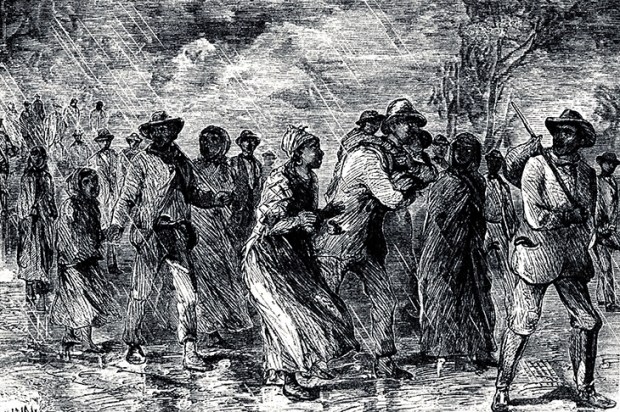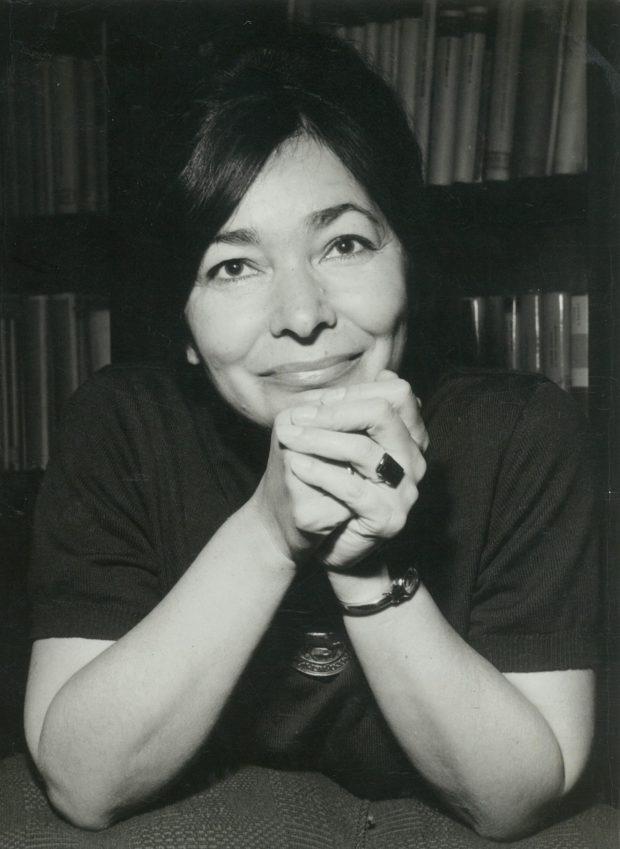Meet Deen Datta, a nervous, practical and cautious man, born and brought up in Calcutta, who now lives in Brooklyn, where he works as a dealer in rare books. Recently and unceremoniously ditched by a woman with whom he had been in a once promising relationship, and with his sixties ‘looming in the not-too-distant-future’, he spends his days in a state of relentless desolation: humiliated, lovelorn and ‘more alone than ever’. Emotional turbulence must be dispensed with. What’s called for, Deen resolves, is ‘a quiet, understated, uneventful life’.
His resolve is not signally robust. When we encounter him in the early pages of Gun Island (Amitav Ghosh’s tenth novel), he is already casting about for another romantic entanglement. And when we join him on his annual winter trip to Calcutta, we soon find him embarking on a quest to investigate the mystery, mentioned to him by a distant relative, of a figure from Bengali folklore known as Bonduki Sadagar (‘The Gun Merchant’), whose legend is tied to a shrine in the Sundarbans, a group of low-lying islands in the Bay of Bengal.
The ensuing narrative duly charts Deen’s trips to those islands (which, we learn, are ‘constantly being swallowed by the sea’) and follows him to additional locations (Venice, Oregon, Los Angeles) in which he is compelled to reflect on the status of refugees, the nature of borders, threats posed by climate change, and the magical elements of a putatively disenchanted world.
Along the way Deen encounters a number of characters who, in conjunction with the vertiginously changing environment he sees around him, overturn everything he thought he knew. There is Piya, a marine biologist who reminds him of his first love; Tipu, a young entrepreneur who awakens him to the realities of growing up in the modern age; Rafi, who is possessed of a compulsion to aid somebody in need; and an old friend named Ginta, who helps to make sense of the story in which they are all involved.
The resulting novel is a curious affair that, for all the travelling at play, is almost impressively static and devoid of suspense. What it offers instead is a tender, attentive and engaging account of the ways in which an individual sensibility might be altered by ironies of history, chance alliances and climatological mutations. It can also be amusing, as when Deen reflects that ‘there are few expressions in the English language that are less attractive to women than “Rare Book Dealer”.’
There are shortcomings. Deen is given a voice that sometimes feels as if it is about to buckle from a surfeit of literary dead freight: Ghosh has a habit of afflicting him with phrases (‘yelling his head off’, ‘stood his ground’, ‘scoffed at’, ‘filled me with dread’) that are as numbing to read as they must have been to write. And certain characters, especially the women, feel as if they have found their way on to the page for the sole purpose of affording Deen a moment of reflective resonance.
But on the whole, Gun Island is a rich and rewarding novel that reaffirms the transformative power of topographical and human connection, and registers the rhythms of the quiet and the unquiet life.
Got something to add? Join the discussion and comment below.
Get 10 issues for just $10
Subscribe to The Spectator Australia today for the next 10 magazine issues, plus full online access, for just $10.
You might disagree with half of it, but you’ll enjoy reading all of it. Try your first month for free, then just $2 a week for the remainder of your first year.













Comments
Don't miss out
Join the conversation with other Spectator Australia readers. Subscribe to leave a comment.
SUBSCRIBEAlready a subscriber? Log in